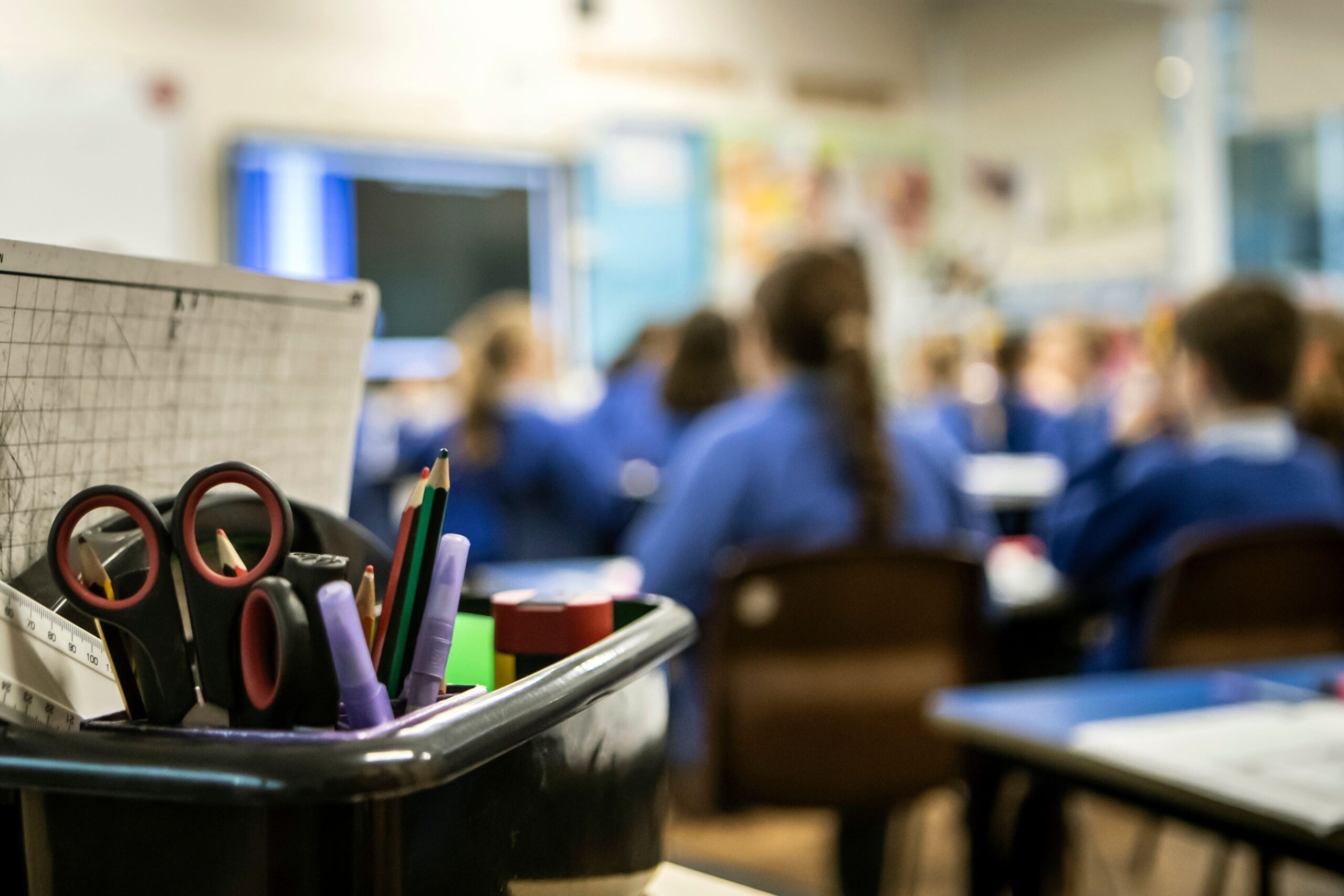The government is poised to introduce mandatory reading assessments for 13-year-olds, a move set to be unveiled in its forthcoming Schools White Paper.
Students in Year 8 would undertake the tests, with their results shared directly with the Department for Education and Ofsted, according to reports in The Times.
However, the proposal has already drawn criticism from one teaching union, with one warning that pupils “categorically do not need” yet another national examination to gauge their progress.
A spokesperson for the Department for Education defended the initiative, stating: “Reading holds the key to the rest of the curriculum, with pupils who struggle to read so often struggling across the board – particularly those from disadvantaged backgrounds.
“Our forthcoming White Paper will set out an ambitious vision to make sure every young person, wherever they grow up, has the opportunity to succeed.”
While the test outcomes would not be published in school league tables, there is a possibility they could be shared with parents.
Unions have further cautioned that the new assessment must not evolve into another metric by which schools are ultimately judged.

“Any caveats suggesting the results will only be published nationally are effectively meaningless,” said Daniel Kebede, general secretary of the NEU.
“There’s nothing to stop future governments publishing them school-by-school, allowing Ofsted to use them or encouraging leaders to focus on them; all of which would lead to the same consequences we see wherever national test data exists – punitive labelling of schools, narrowing curriculum and increased stress and workload for staff and students.”
Many schools already assess Year 8 pupils to check for learning gaps, unions added.
Schools “categorically do not need another national test to identify which students need more support or intervention”, Mr Kebede said.
Pepe Di’Iasio, general secretary of the Association of School and College Leaders, said the union can see how the introduction of a compulsory test may help to support schools having a consistent approach to reading progress.
“However, it is important that this does not end up becoming another accountability measure – either through the publication of results or as part of Ofsted inspections,” he added.
“Even if there are assurances from this government, school leaders may well be uneasy about what future governments might do with these tests once they’re established. They’ve been bitten too many times.”

Pupils currently sit their Sats at the end of Year 6, which contains a reading paper, and have a phonics screening check in Year 1.
There are currently no standardised tests in Year 8.
The Government’s Schools White Paper is expected to be published later this year, as well as the final report from the curriculum review.
The most recent survey by the National Literacy Trust found pupils reported their enjoyment of reading has fallen to its lowest level in two decades.
The DfE said it has committed almost £30 million to help improve reading and writing.
